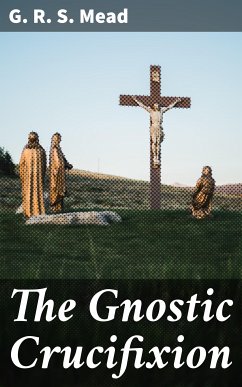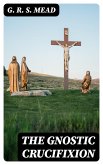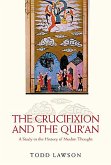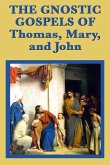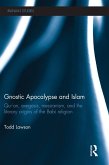In "The Gnostic Crucifixion," G. R. S. Mead delves into the esoteric dimensions of Christian symbolism, particularly focusing on the Gnostic interpretation of the crucifixion of Christ. This work is characterized by Mead's eloquent prose and scholarly rigor, offering readers a rich analysis that intertwines theology, history, and philosophy. Mead explores the profound implications of Gnostic beliefs, presenting a reimagined narrative that challenges conventional doctrines and highlights the mystical aspects of early Christianity. His nuanced examination invites readers to reconsider the spiritual significance of suffering and salvation as understood within Gnostic traditions. G. R. S. Mead was a prominent scholar of Gnosticism and early Christianity, whose extensive research was influenced by the wider cultural and spiritual movements of the early 20th century. As a seminal figure in the development of modern Gnostic studies, Mead's background in philosophy and his connection to the Theosophical Society shaped his perspectives, allowing him to engage deeply with ancient texts and mystical traditions. His scholarly endeavors aimed to illuminate the often-overlooked spiritual insights contained within Gnostic writings. This fascinating exploration is an essential read for anyone interested in the intersection of theology, mysticism, and historical inquiry. Mead's profound insights challenge traditional interpretations and deepen our understanding of spiritual truths. "The Gnostic Crucifixion" is a compelling invitation to engage with the transformative power of Gnostic thought and its implications for contemporary spirituality.
Dieser Download kann aus rechtlichen Gründen nur mit Rechnungsadresse in A, B, BG, CY, CZ, D, DK, EW, E, FIN, F, GR, H, IRL, I, LT, L, LR, M, NL, PL, P, R, S, SLO, SK ausgeliefert werden.

